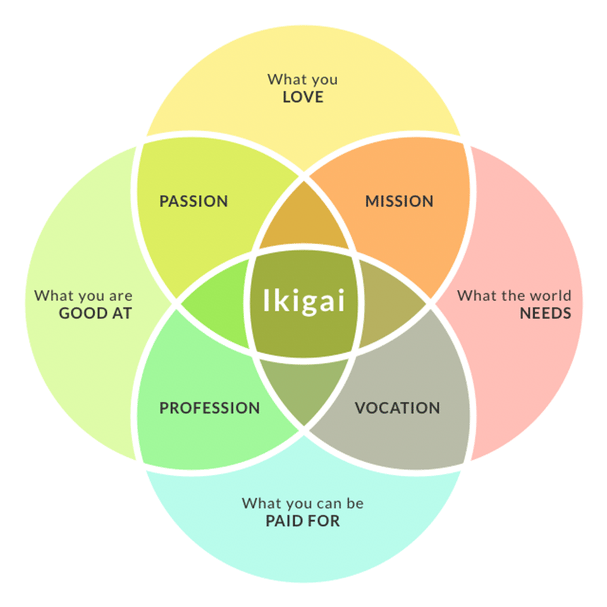
Why set an objective
Your objective is the “why” of your business.
It is important to have an objective in sight, whether it is to reach 100 new customers in the next year or to generate zero waste. By taking the time to define their goals, and the steps needed to achieve them, your employees will be able to imagine their future with your company.
Unlike a plan, which may be derailed at any time due to elements beyond your control (changing economic or social events, the arrival of new technologies, etc.), an objective remains unchanged.
You have to be prepared to abandon your plan if it proves to be counterproductive. On the other hand, your employees must stay focused on their objectives. If they do, their decision-making process will become much simpler.
At Sport Heroes (the company that provides the United Heroes programme), our goal is simple: to encourage everyone get moving, to change their habits, and to feel good about their lives :)
The performance factor
To set achievable objectives, one method has stood the test of time: SMART objectives (Specific / Measurable / Achievable / Relevant / Time-bound). At Sport Heroes, we use Javelo, an online tool to track our progress towards our objectives.
But this work of defining objectives remains incomplete if the psychological dimension is not taken into account.
The motivational factor
The Japanese concept of Ikigai is a useful way of integrating the psychological factor. Ikigai roughly translates as “a reason for being”, “what makes you live” or “the reason you wake up in the morning”. As is often the case in Japanese management, it’s all about finding the perfect balance.
We need to explore these parameters to identify the right balance.
- what you like to do
- what you are good at
- what you can get paid for
- what the world needs

How to identify “the reason that makes you wake up in the morning?”
The ideal zone, or Ikigai, is where these four circles overlap and that is what the objective of all your employees is, to give meaning to their work. Whatever their functions, or the industry they work for, they must always remain true to this objective. Their own Ikigai.
Do what you love, love what you do
In 2010 in Japan, a survey was conducted among 2,000 professionals to find out their Ikigai and only 31% said that work was the reason they got up in the morning.
Over a 50-year period, we spend 92,100 hours at work, which is about 35% of our waking time. Not feeling committed to your job, or hating what you do can cost you dearly in terms of your health.
On the other hand, developing an emotional bond with our job, company and colleagues makes us better (no surprise here).
The connection we create makes it possible to stay motivated, better withstand stress and perform better.

An iterative approach to finding your intrinsic motivation
The four motivational poles include key questions in order to define your Ikigai. These questions require a YES or NO answer.
what you like to do
- Are you passionate about what you do? Can you talk about your job for hours?
- Do you feel involved in the output of your work?
- Would you do this job, even if it was much less well paid?
what the world needs
- Does your job serve to solve problems?
- Does your job contribute to improving the sustainability goals set by the UN?
- Is the market waiting for a product such as the one you’re proposing? Is the market ready to pay and become a loyal customer of your product?
- Will the job you do still be relevant 10 years from now? If not, will the value of your hard skills today be more valuable in the future?
what you can get paid for
- Are you paid for what you do? Are you already well-paid for this? Or do you think you could possibly be well paid if you turned what you do into a real job?
- Is there a sufficient number of competitors in your sector of activity?
- Are there competitors in your industry who do what you do better?
what you are good at
- Do you feel useful in what you do? Have any of your family/friends/community members already called for your advice in your line of work?
- Are you among the best in your business, in what you do? How do you rank in your city? Your country?
- With more training or experience, could you become an expert in what you do?
The more positive answers you have to the questions, the closer you get to your Ikigai.
It may take several years for some people to discover their Ikigai. For others, this exercise may be an opportunity to switch to functions in the company that are more suited to them
Finding your way and doing a job you love enables you to look forward to the thousands of hours to come with great serenity.
So, are you ready for your employees to discover their Ikigai?




